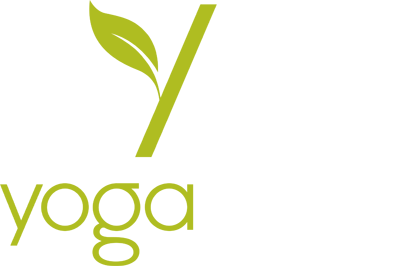Exploring Vulnerability On and Off the Mat
By Heidi Wuescher
In a recent TED Talk, I listened as Brene’ Brown explored the topics of vulnerability and shame. Wow! Talk about awkward… uncomfortable to say the least! In the talk, she explodes the myth that vulnerability is a sign of weakness. That it is, in fact, a sign of strength and “the birthplace of creativity, adaptability and change.” She takes this one step further and tacks on the idea of shame, calling shame the, “swampland of the soul.” That we often feel shame in those moments we feel most vulnerable and we don’t measure up; i.e. I don’t make enough money, I am not pretty enough, smart enough, successful enough, tall enough, skinny enough, strong enough; I am NOT enough. I’m not worthy of love or acceptance.
Brown believes if we counter those feelings with empathy, we can begin to “dare greatly” in our lives.
Easier said than done. How do we do this? How do we show empathy towards ourselves first and others when it comes to those tough questions of enough? How do we explore those feelings safely and hold a space for others to do the same? How do we forgive ourselves and honor our shortcomings?
As a yoga teacher I believe we can do this in our daily practice. We can develop an internal and external practice of daily living that starts right on our mats. It can be found in meditation, asana, breathwork and practicing mindfulness with friends and family.
Specifically, we can explore asanas that strengthen our root chakra. We can practice grounding poses like Utkatasana and Virabhadrasana II that root our feet into the earth and sink us into firmness. We can sit quietly and repeat a mantra like So Hum (I am) in daily meditation to affirm our higher selves. We can connect deeper with others just by seeing who they are, listening to what they say and paying attention to what they don’t say. We can allow ourselves to acknowledge our feelings from the safety of our mats and feel them so we can let them go. We can breathe in love and exhale love in every moment of every day. We can practice that through daily breathwork. It can be done. It’s not easy, and we may fall short of the mark over and over, but that is why they call it a practice.
Cheryl Strayed said, “Whatever happens to you belongs to you. Make it yours. Feed it to yourself even if it feels impossible to swallow. Let it nurture you because it will.”
Let your vulnerability be your strength. Feed it to yourself. Explore it from the safety of your mat in a community where others hold a safe space for you to do so. Let your asana and your breath shine a light on your shame so it can’t hide in the depths of its own darkness. Burn it out with your practice. Let others see you for who you are on and off your mat. Be forgiving of yourself and others. Be authentic.
